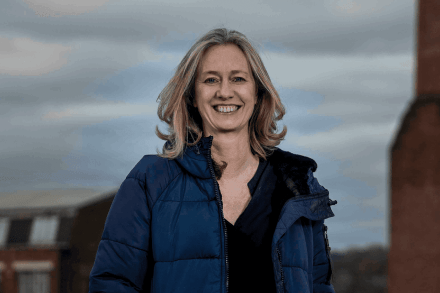The Justine Roberts Edition
26 min listen
Justine Roberts is the CEO and founder of Mumsnet. A website that makes parents’ lives easier by pooling knowledge, advice and support on everything from baby names, and household tips, to who they’re voting for in the next election. On the podcast, Justine talks about being a young girl from Surrey, mad about Liverpool football club and spending her years at Oxford University on the sports field. She worked as an investment banker and journalist before having a light-bulb moment on holiday with her one-year-old, which inspired the inception of Mumsnet. Produced by Matt Taylor and Natasha Feroze.





















